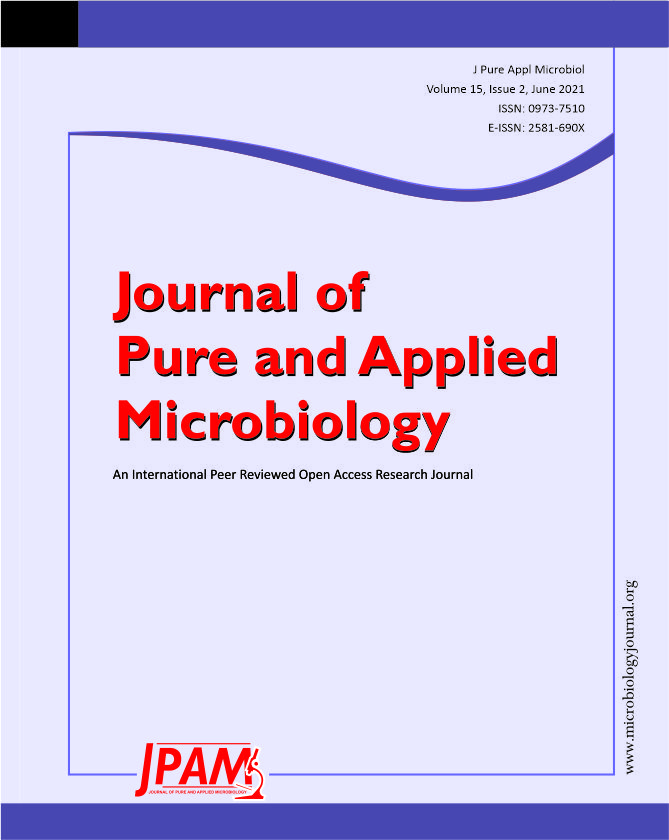This study was implemented to assess the mechanism by which Moringa oleifera leaf extract (MOLE) improves the quality and prolongs shelf-life of the broilers’ breast meat. Ninety Cobb chicks were randomly allocated to 3 groups. A control group received the standard diet, whereas the other two groups received diets containing MOLE at the doses of 250 and 500 mg/kg for 21 days. Inclusion of MOLE in broilers diet significantly reduced the detrimental changes in the overall sensory attribute scores, characteristic color and odor, and the loss of breast muscle elasticity during storage. Furthermore, it significantly reduced concentrations of thiobarbituric acid, total volatile nitrogen, non-esterified fatty acids, and peroxide, during storage compared to the control samples. No effect on the concentrations of heavy metals, such as copper, cadmium, and lead, was observed. Decomposition of samples was delayed as indicated by lower pH values and higher sensory scores at 4 and 6 days of storage in the MOLE groups. Reduced contamination with E. coli and Salmonella species indicated an antibacterial effect of MOLE. Finally, the present study highlights that MOLE supplementation may play a role in improving quality and shelf-life of the chilled breast meat in broilers.
Moringa oleifera, broilers, meat quality, feed additive
© The Author(s) 2021. Open Access. This article is distributed under the terms of the Creative Commons Attribution 4.0 International License which permits unrestricted use, sharing, distribution, and reproduction in any medium, provided you give appropriate credit to the original author(s) and the source, provide a link to the Creative Commons license, and indicate if changes were made.


